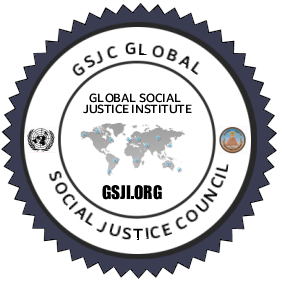|
c. Human rights and peace-keeping
The maintenance of international peace and security is one of the prime functions of the United Nations
Organization. The importance of human rights in sustainable conflict resolution and prevention is gaining ground.
Armed civilian conflicts are characterized by large-scale human rights viola- tions which can often be traced to
structural inequalities and the resulting imbalances in the accessibility of power and resources. The need for
peace- keeping efforts to address human rights issues is apparent.
The guarantee of a comprehensive approach to United Nations strategies for peace and security is conditional on the
integration of human rights issues into all peace-keeping operations at the planning and preparatory stage of needs
assessments. To date, human rights mandates have been incorporated into the duties of several peace-keeping
operations and predictably, in the years to come, the cooperation between DPA, DPKO and OHCHR will increase.
Co-operation has in large part taken the shape of human rights training for peace-keeping personnel, including the
military, civilian police and civilian affairs officers. In some cases, OHCHR has been called upon to ensure the
continuation of peace-keeping operations by establishing a human rights presence on conclusion of the
peace-keepers’ mandate.
With recent developments, cooperation has extended to the creation of joint DPKO/OHCHR human rights components in
peace-keeping operations. Under the authority of the Representative/Special Representative of the Secretary-General
in charge of the operation, the peace-keeping operation receives substantive human rights guidance from
OHCHR.
| 
